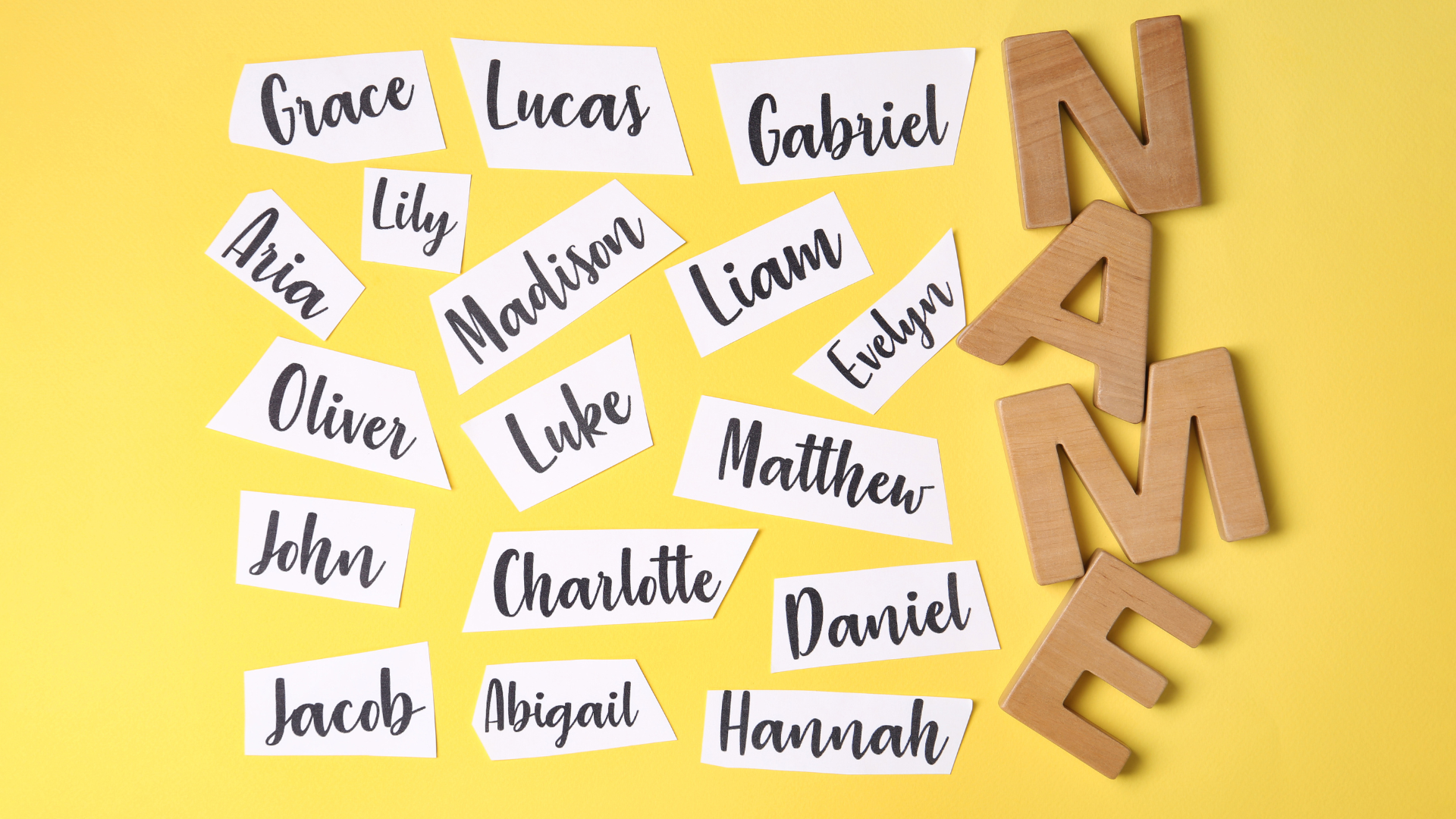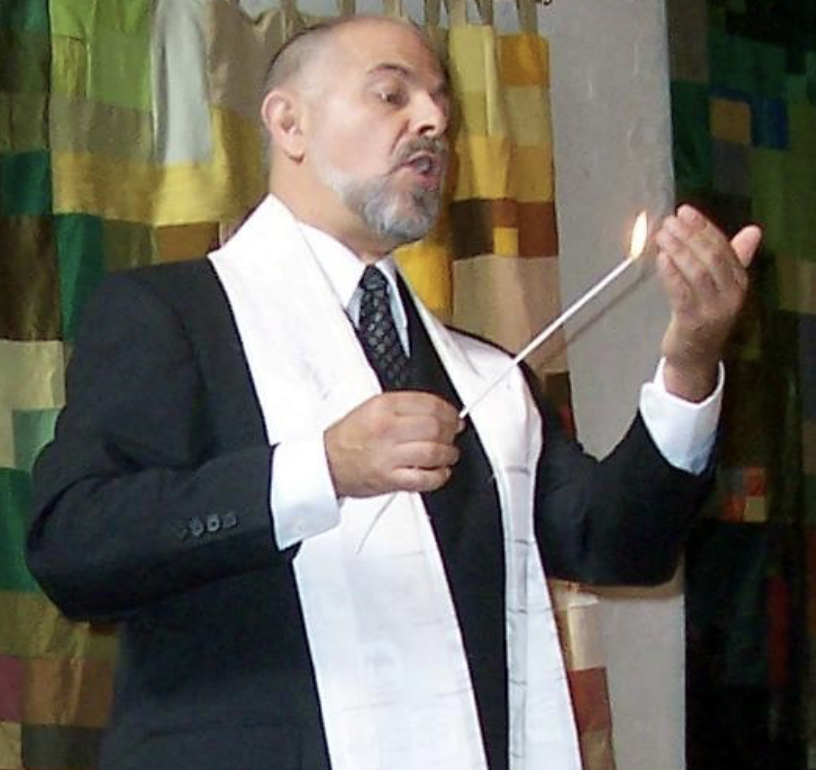Most couples give a lot of thought to choosing names for their children. They think about the sound of the name, how it might come to be shortened, what the initials might spell out. They think about what other people have had that name, how unusual or how common it might be. Sometimes they struggle when there are competing family associations to be considered, especially if their child is the first grandchild. Jewish/Christian families have certain additional particular issues that can present both extra challenges and extra solutions.
The challenge arises from the fact that naming customs tend to differ between the two communities. Christians often name a child in honor of a grandparent or other relative, regardless of whether that person is living or dead. In some Christian families, boys are given their father’s first name. Most Jews in the United States maintain the European Jewish practice of naming children in memory of deceased relatives (or occasionally the memory of a close friend). It is rare for a Jew to be a “jr.” or a “III.”
On the other hand, interfaith couples have an advantage over Christian couples because Jews in America usually give their children both an English name and a Hebrew name. So interfaith couples have double the opportunity to provide names for their children that will satisfy family associations. The Hebrew name is used only in ritual contexts, such as marriage certificates or synagogue ceremonies. It is somewhat like the confirmation name among Catholics. Many Jewish congregational “Hebrew” schools use the students’ Hebrew names in class.

“Hebrew” schools use the students’ Hebrew names in class. When Jews give religious names to their children, they may use names that are the same in both in English and Hebrew, such as “David” or “Sarah.” Other Jews may use an English name that has the same meaning as the Hebrew name, such and “Helen” and “Orah,” both of which mean “light.” Often Jews choose English and Hebrew names that begin with the same sound, such as “Allen” and “Avraham.” Sometimes, Jews pick Hebrew and English names that have no relation to each other.
When seeking to memorialize a relative, some Jews choose both an English name and a Hebrew name that is the same as the relative’s respective names. The most common practice in the United States is to match the relative’s Hebrew name but choose an English name that is appealing, sometimes keeping the same initial letter.
Interfaith couples can choose an English name that has associations for the Christian partner’s family and a different Hebrew name that recalls a member of the Jewish partner’s family. Of course, it is the English name that will appear on the birth certificate and all other civil documents, and most likely will be the name that the child uses daily throughout life. Nonetheless, American Jewish families—almost without exception—are very pleased when a child is given a Hebrew name that honors the memory of a relative or close friend.
Usually the couple needs assistance in determining the Hebrew name because they are not familiar enough with the Hebrew language. The family may not be sure exactly what the correct pronunciation was for the name. A complicating factor is that Jews who immigrated to the United States from Eastern Europe in the early 1900s might have used either Yiddish names or Hebrew names pronounced with any of several Yiddish dialectical variations. Girls were more likely to have Yiddish pet names than the more formal Hebrew names given to boys. Even when a formal Hebrew name was given, what the family recalls two generations later may actually be a diminutive variation or even a pet name.
Couples who need help in choosing Hebrew, or even English, names for children will find that most rabbis are pretty experienced with this (Of course not all rabbis are sympathetic to interfaith families.) There are a lot of baby-naming books available for English names. For Hebrew names, a good resource is The New Name Dictionary, by Alfred J. Kolatch, Jonathan David Publishers, Inc., 68-22 Eliot Avenue, Middle Vilage, New York 11379.
From the June/July 1997 Issue of Dovetail Magazine
If you’re interested in having a baby naming ceremony for your interfaith family, please see our page on Interfaith Baby Welcomings.




